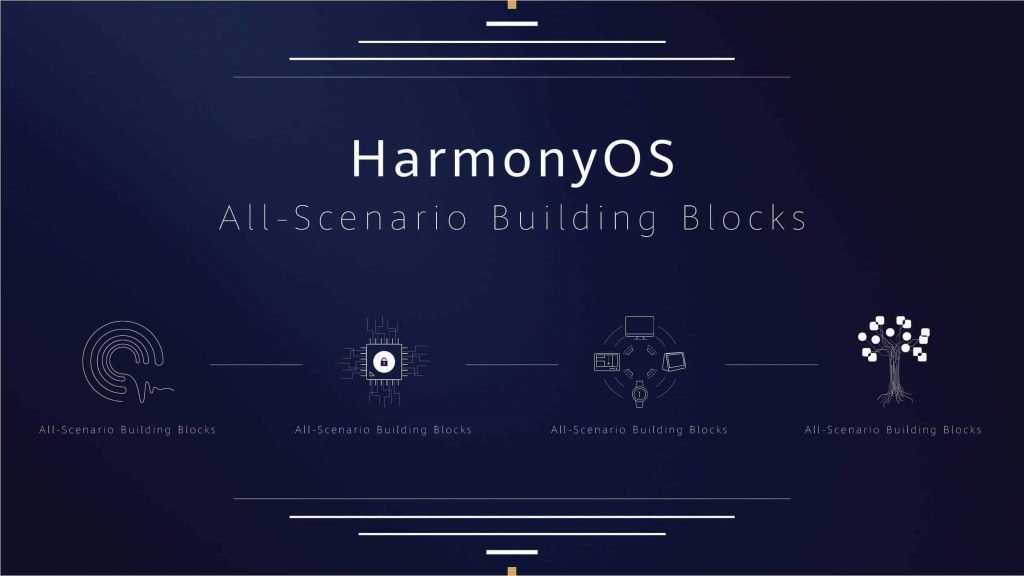Huawei has finally introduced the Harmony OS, the Android operating system that the company seems to need, especially if the trade-economic war between the United States and China continues.
Of course every phone maker dreams of the day when they will not have to pay Google royalties to use the Android OS.
Of course, this can only be done with their own operating system.

But Android has survived the competition all these years, and with some of the biggest names in the market.
Both Microsoft and Samsung tried to break Google's monopoly, but could not create a worthy rival, despite having the pconditions.
The United States they put a lot of pressure to Huawei, barring US companies from working with the Chinese company. Of course one of the problems that arose was the use of Android.
Since then, there have been rumors that Huawei wanted to develop a new operating system. The company finally revealed this during the Huawei Developers Conference, according with XDA Developers.

The operating system worked for a few years, but recent developments have forced the company to accelerate production. Harmony OS will be available on Honor Vision TV, but that is likely to change later.
What Huawei has revealed so far is that the new operating system uses a micro-kernel, just like Android. This basically means that the kernel contains only the required drivers and components to be functional and to be able to deploy it later for more devices.
The Chinese company also says that Harmony OS is faster than Android because of the connections between it hardware (camera, sensors, etc.) and the other parts of the operating system are done through a single layer.
But for now, these are just claims and we will have to wait until a real device is released to make the comparisons.
In addition, Huawei has promised to provide developers with the ARK Compiler tool to use to convert code from other programming languages. Theoretically, it should be easy to create direct applications for the Harmony OS.
The company also said that Harmony OS will become open-source at some point in the future.





